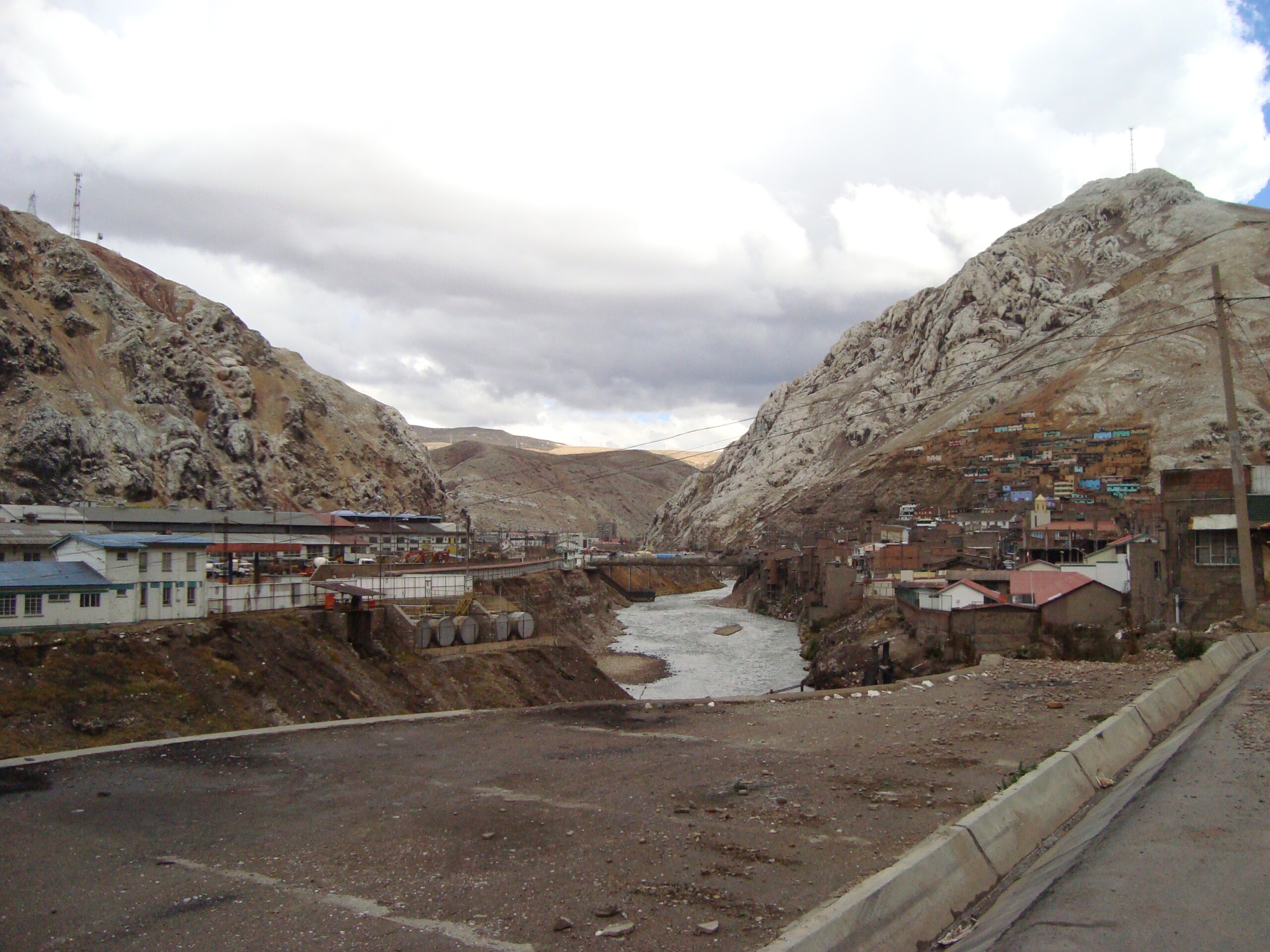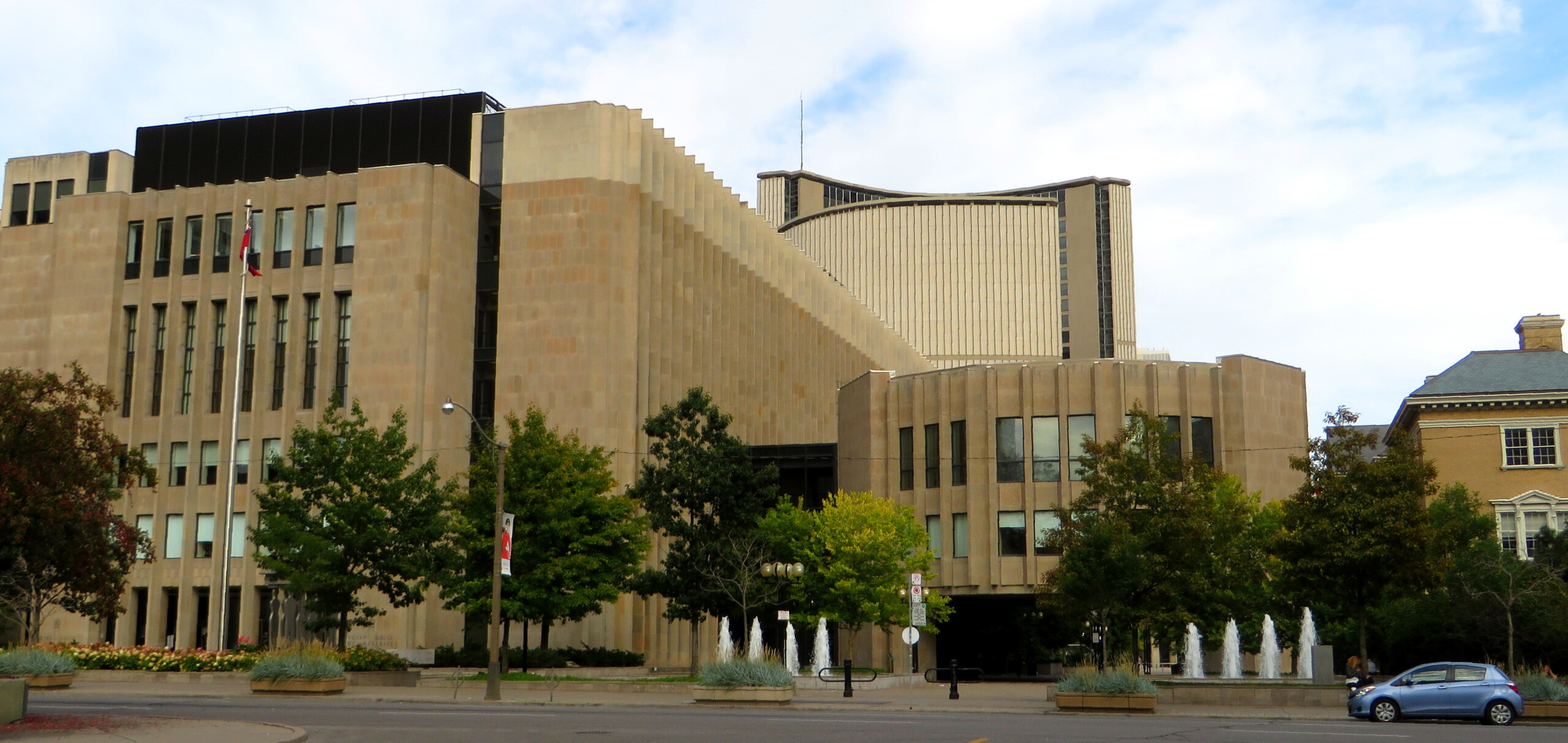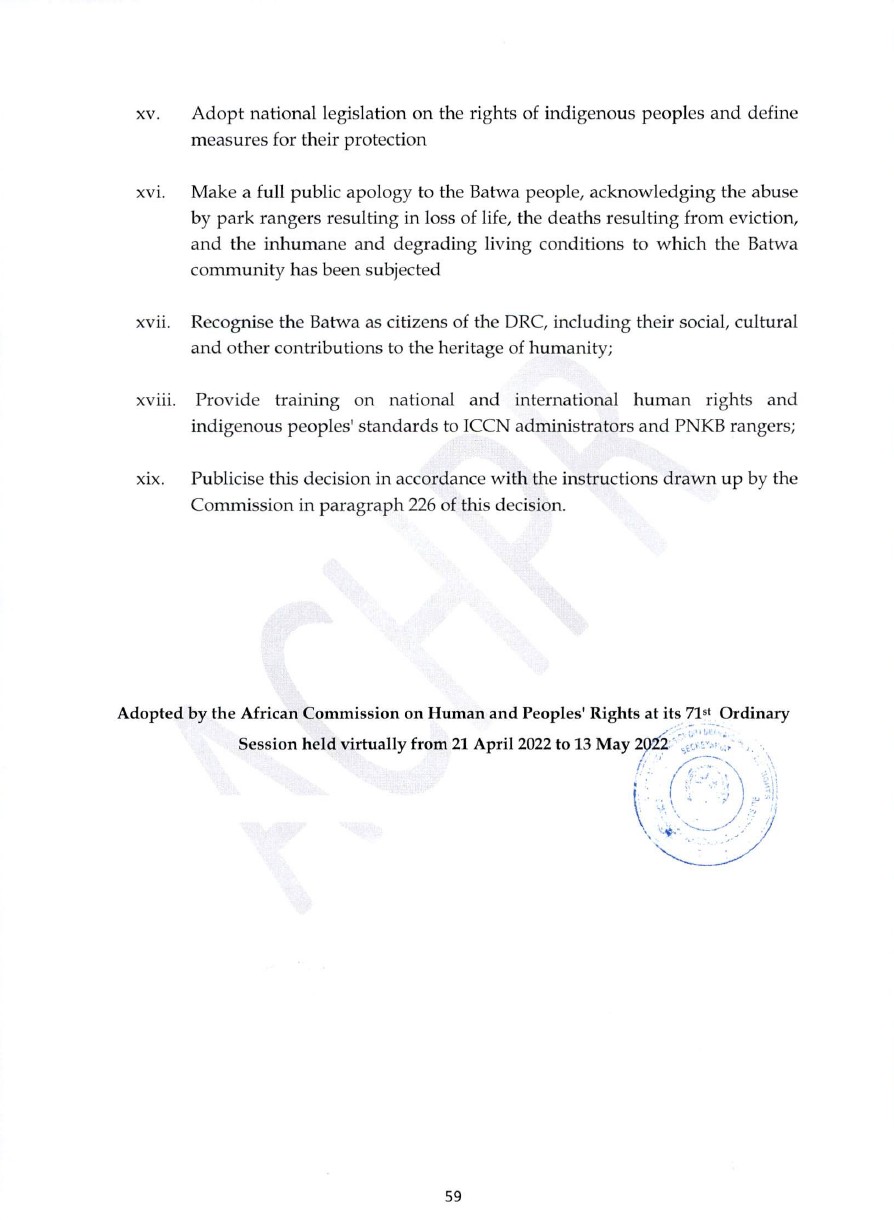Summary
Members of the Community of La Oroya brought suit against Peru for violations of the right to a healthy environment and other human rights violations brought on by almost a century of pollution from La Oroya Metallurgical Complex in the Inter-American Court of Human Rights (IACHR). Residents of La Oroya, one of the most polluted cities in the world, incurred injuries from air, soil and water contamination that included lead and arsenic poisoning and other toxic substances that caused physical and mental illnesses, and in the cases of one child and one adult, death. Environmental human rights defenders of La Oroya also received threats and harassment in response to their activism.
The Court concluded that Peru was responsible for extensive human rights violations and ordered it to provide specialized medical assistance to the victims, pay compensation for both material losses and pain and suffering, and publicly acknowledge its wrongdoing. This ruling also highlighted the disproportionate ways that vulnerable parties are affected by pollution by allotting larger sums in damages to children, those with disabilities, women and older adults. The court ordered that each victim receive between US$30,000 and US$65,000, depending on their situation, which allots for compensation for health costs, lost earnings, and pain and suffering.
The court also ordered Peru to strengthen and strictly enforce environmental standards, rehabilitate damaged ecosystems, monitor air, water and soil quality, and ensure that polluters pay for the environmental damage they cause. Finally, the court ordered Peru to investigate and prosecute those responsible for the extensive environmental damage, as well as those responsible for threats against environmental human rights defenders in La Oroya, which the court stated inhibited the Community’s procedural access to justice.
The court cited its 2017 advisory opinion on Environmental Human Rights which outlined state obligations to protect and guarantee the rights to life and personal integrity enshrined in the American Convention on Human Rights. The opinion was meant to act as a guide for states to act preventatively and was issued in response to a request from Colombia’s government and stresses the connection between the adverse effects of climate change on human rights. The opinion cites both substantive rights to food, water, health and life, as well as procedural rights of expression and to participate in decision-making among others. This opinion created an obligation for states to take into account how environmental degradation can differentially impact various communities, such as Indigenous Peoples, children, those living in poverty and persons with disabilities.


